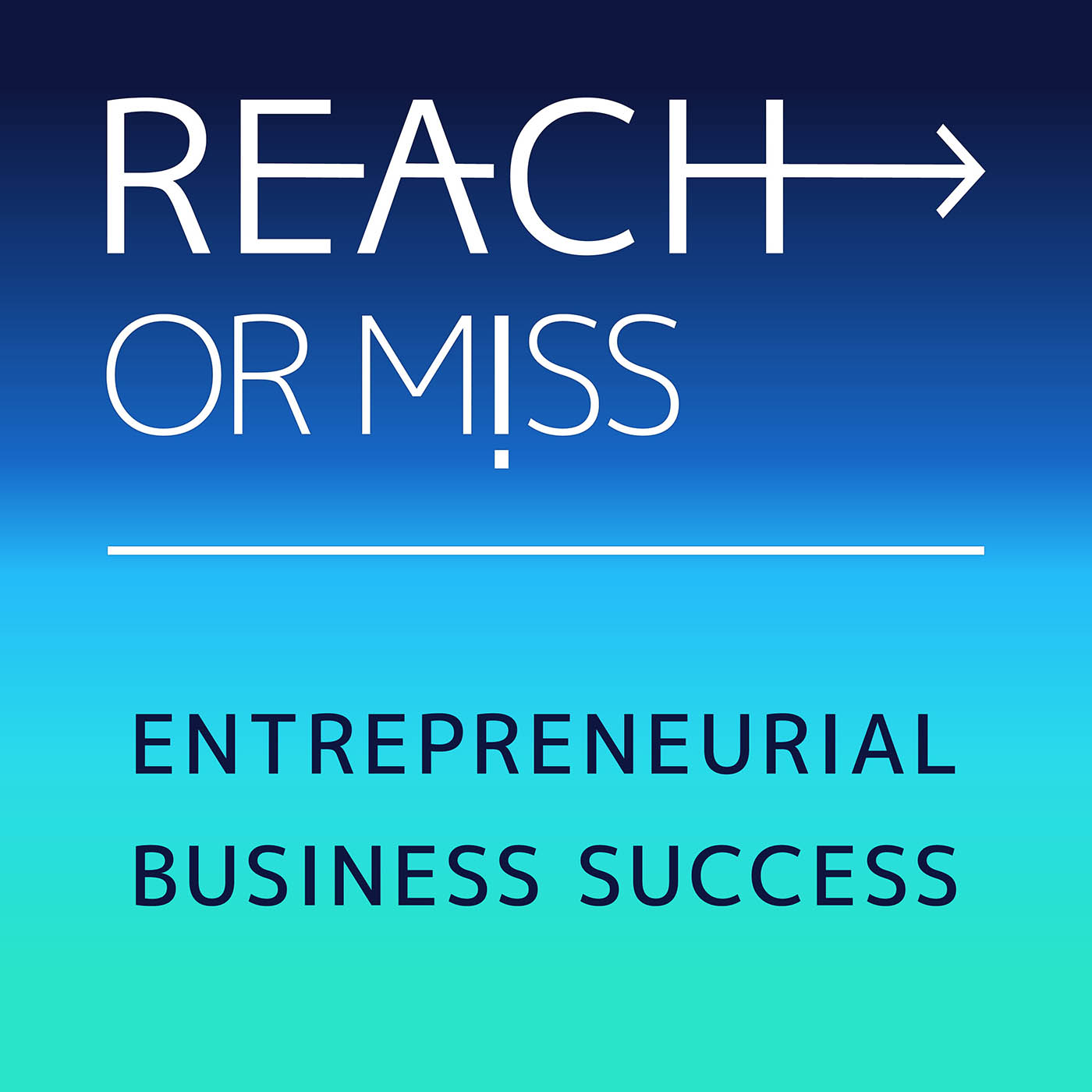Ep. 166 Riggs Eckelberry If you want to transform an industry, find the people who dont have access to itlike Uber or Airbnb.

b"
Riggs Eckelberry doesn\\u2019t look like a bomb-thrower. And yet, he\\u2019s driving the disruption of a trillion-dollar industry that has fallen behind the times and is affecting the health of millions. That industry is Big Water. Simply, those billion-dollar centralized water systems aren\\u2019t coping with demand, and water quality is getting worse. The answer? Instant InfrastructureTM. Businesses are doing their own water treatment, using modular, prefabricated systems that are trucked right on site. They get better water quality, lower rates through recycling, and even improved environmental grades!
Ten years after launching public company OriginClear, Riggs and his team are offering those truck-in-place modular systems in the USA, while licensees are building products internationally using OriginClear\\u2019s low-energy, chemical-free innovation.
Most passionate about
- I\\u2019ve been working in the industrial water industry, which is an enormous, trillion-dollar industry. Yet, it\\u2019s not doing its job; only one-fifth of sewage is treated worldwide.
- Two-and-a-half billion people worldwide have no direct access to clean water. And the change is very slow; the water industry is falling behind the population growth. The Coronavirus brought a sense of urgency to this industry.
- If you want to transform an industry, find the people who don\\u2019t have excess to it\\u2014like Uber, which allows people who don\\u2019t have access to taxies and the transportation industry to become part of it by using their own cars. It\\u2019s the same as Airbnb, which allows people to use their homes as hotels.
- This opens up dramatically new markets without killing the old market. Both Uber and Airbnb transformed their sectors by allowing more people to play in them. That\\u2019s what we\\u2019ve done with the water industry.
- One of the main questions here is: How do you find a global solution? And you must always sell the global problem with a local solution that can scale up.
- So, the idea that came to mind was to use our big, very healthy investor base of 10,000 shareholders. Why don\\u2019t we let them invest in water projects directly, as opposed to the company?
- All of a sudden, instead of pushing the rock up the hill, we found the rock on downhill.
- In this post-virus economy, we have three priorities for investors. One is yield\\u2014they must make a good percentage on their money. Two is liquidity\\u2014they must be able to convert to cash easily. The third is safety.
- We established Investor Water, a global marketplace that connects everyday investors to water projects. We are now in the process of running three projects as proofs of concept.
- The marketplace for water projects has become one of our global priorities in the decade to come. That\\u2019s why it\\u2019s so exciting.
Riggs\\u2019s career and story
- I was raised as one of six boys. My father was an international businessman and we stayed for many years in countries like Canada and the Caribbean. We spent many years in Europe. We always had a non-American viewpoint.
- After high school, I was supposed to go to all kinds of colleges, but I chose instead to get involved in the non-profit space. For years I was paid almost nothing but was in that \\u2018save the world' kind of mentality.
- In those years, I had many kinds of fun roles, like being a sailor, a skier, and a marine officer. When I needed to choose my direction, I chose technology because I thought that it was the only way to break out of how things are: the fossil fuel world, the minimum sanitation world, and the like.
- I ended up in New York doing some pioneering computing work. Fast forward to the early \\u201990s. I was on the West Coast and got involved with the new dot-com industry. I experienced some amazing 10 years, including the dot-com I learned so much about disruptive marketing, which I called Mistake-Based Marketing, in which..."